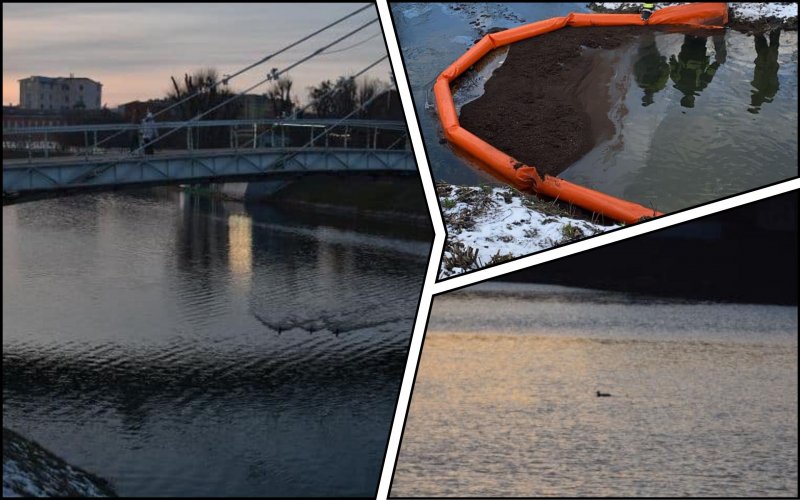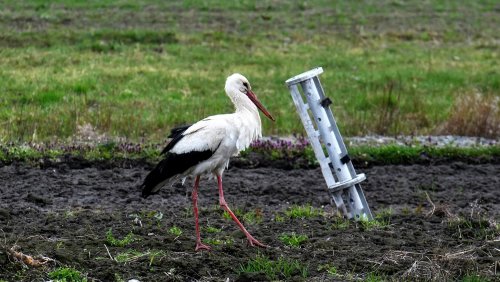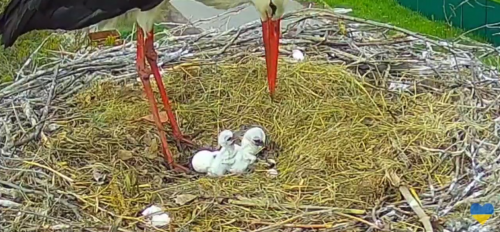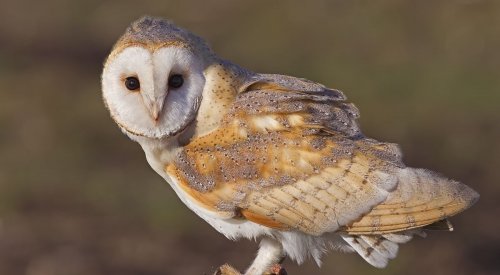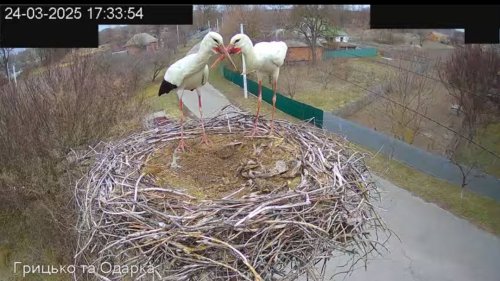Kharkiv residents noticed that ducks began returning to the Lopan River on Tuesday, March 27, after the Russian attack on the oil depot on February 9 and the resulting spill of about 3,000 tons of oil products.
In particular, the birds were spotted in the area of Strelka Square in the central part of the city, environmental activist Artem Prykhodko reported on Facebook.
Kharkiv residents also said that the oil film is almost invisible in the area of the park. Its remnants are mostly located near the shore.
"This is the best news today. Ducks began to return to the Lopan River in Kharkiv," he wrote.
Prykhodko explained that this means that the concentration of oil products in the water has decreased significantly.
"There is still a lot of work, but there are already results! As always, thank you to all the people who raised a hai... and to everyone who got involved and started working," said the activist.
In the discussion of the post, users noted that some of the birds sensed danger and flew to other places. People touchingly compared the ducks to the Ukrainians at the beginning of the full-scale invasion.
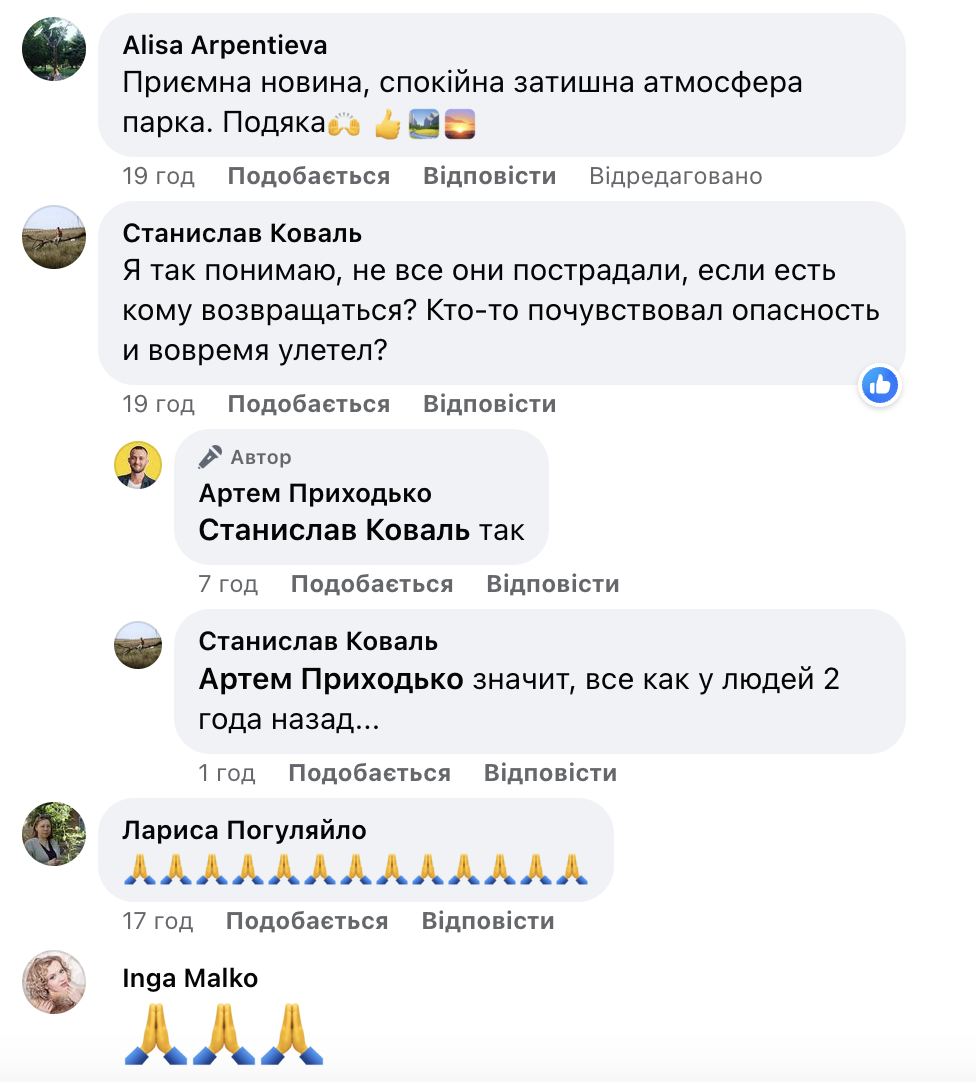
Earlier, EcoPolitic wrote, that in Kharkov on February 15, they began cleaning rivers of 3,000 tons of oil products, which entered the environment as a result of enemy shelling of an oil depot on February 9.
As EcoPolitic previously reported, on Saturday, February 24, in Kharkiv, in the Central Market area, a leakage of oil products into the Lopan River was noticed. The oil products leaked through the pipes and were not the result of the enemy attack on the Kharkiv oil depot on February 9.

